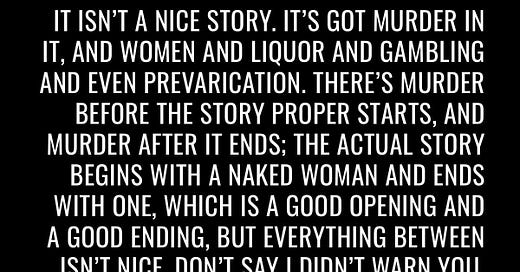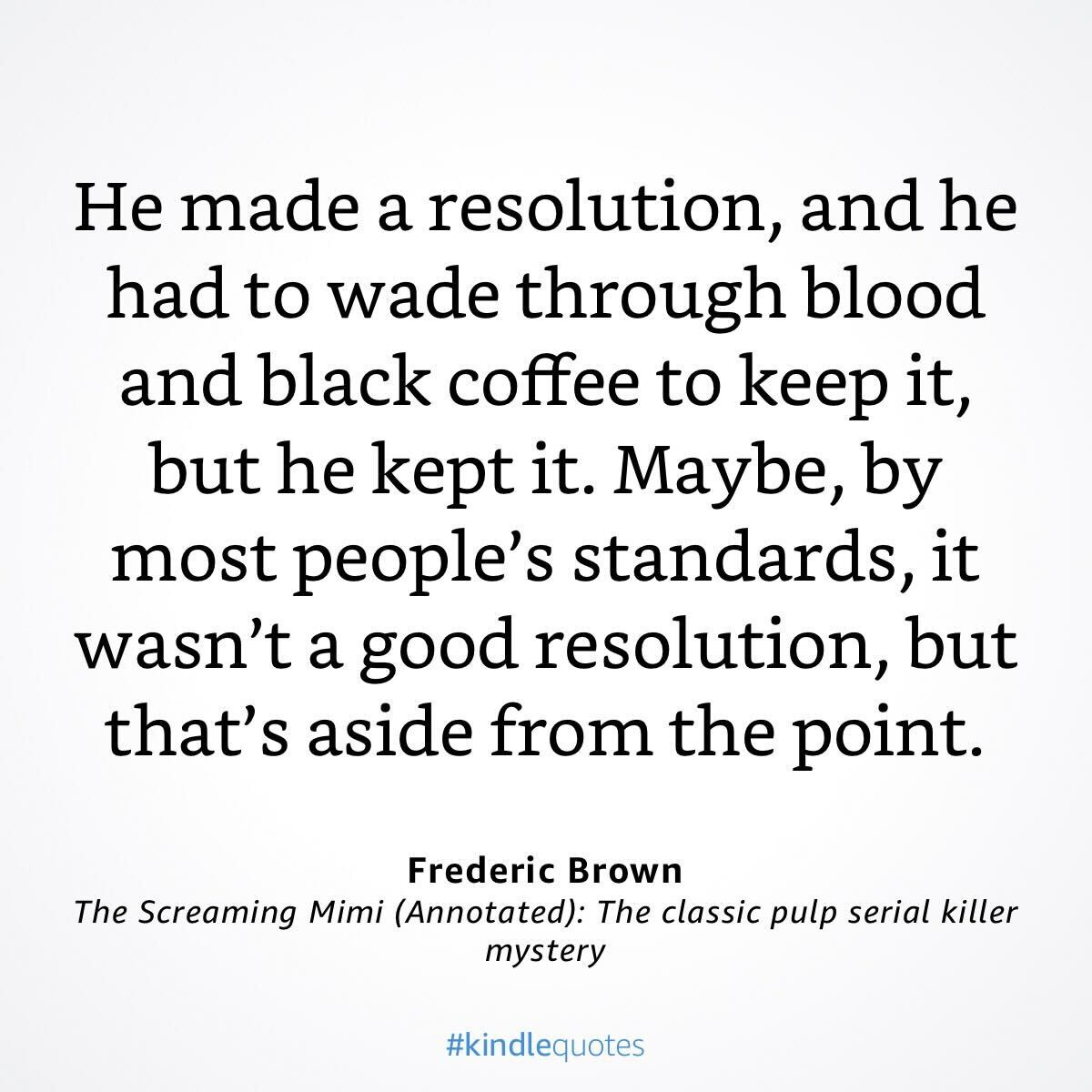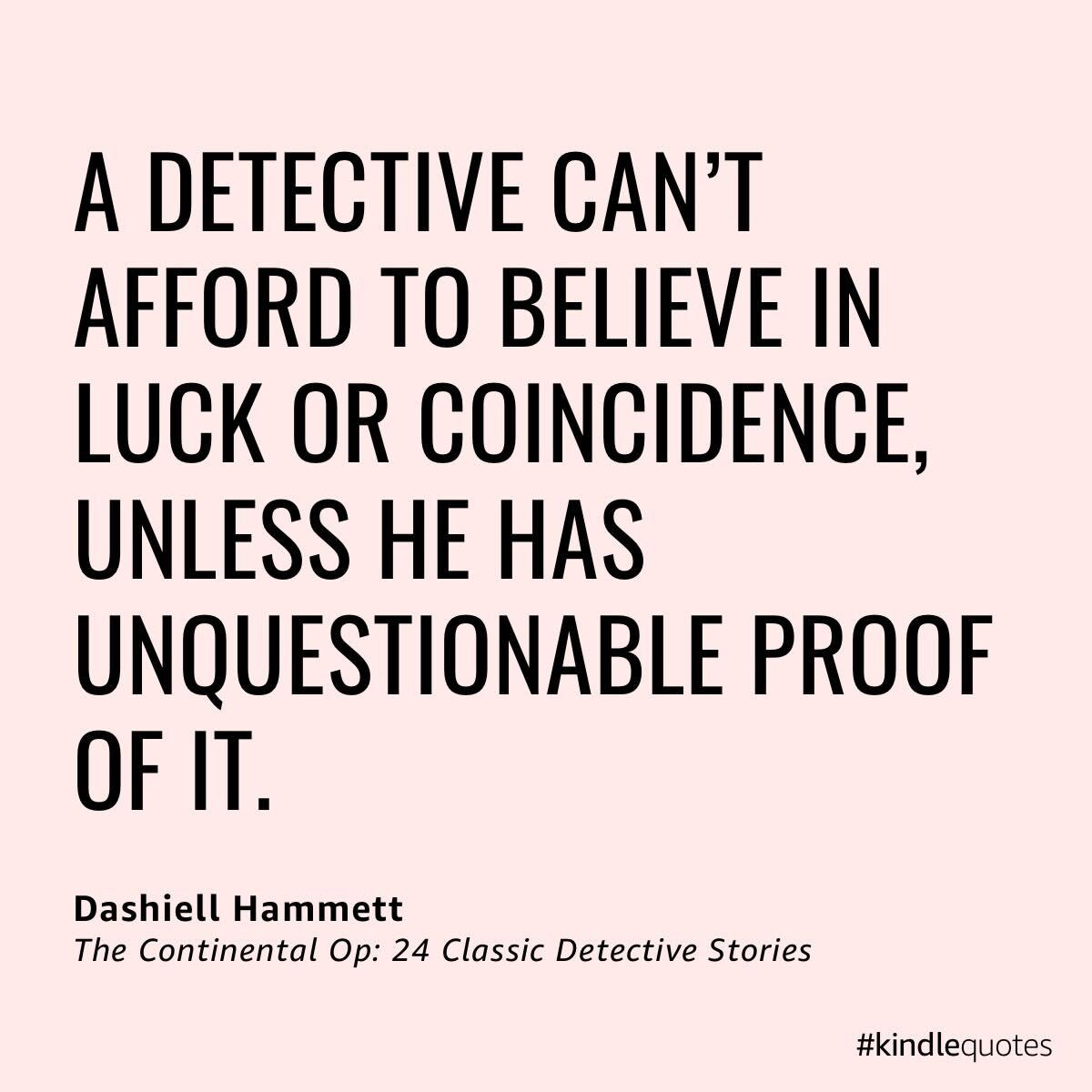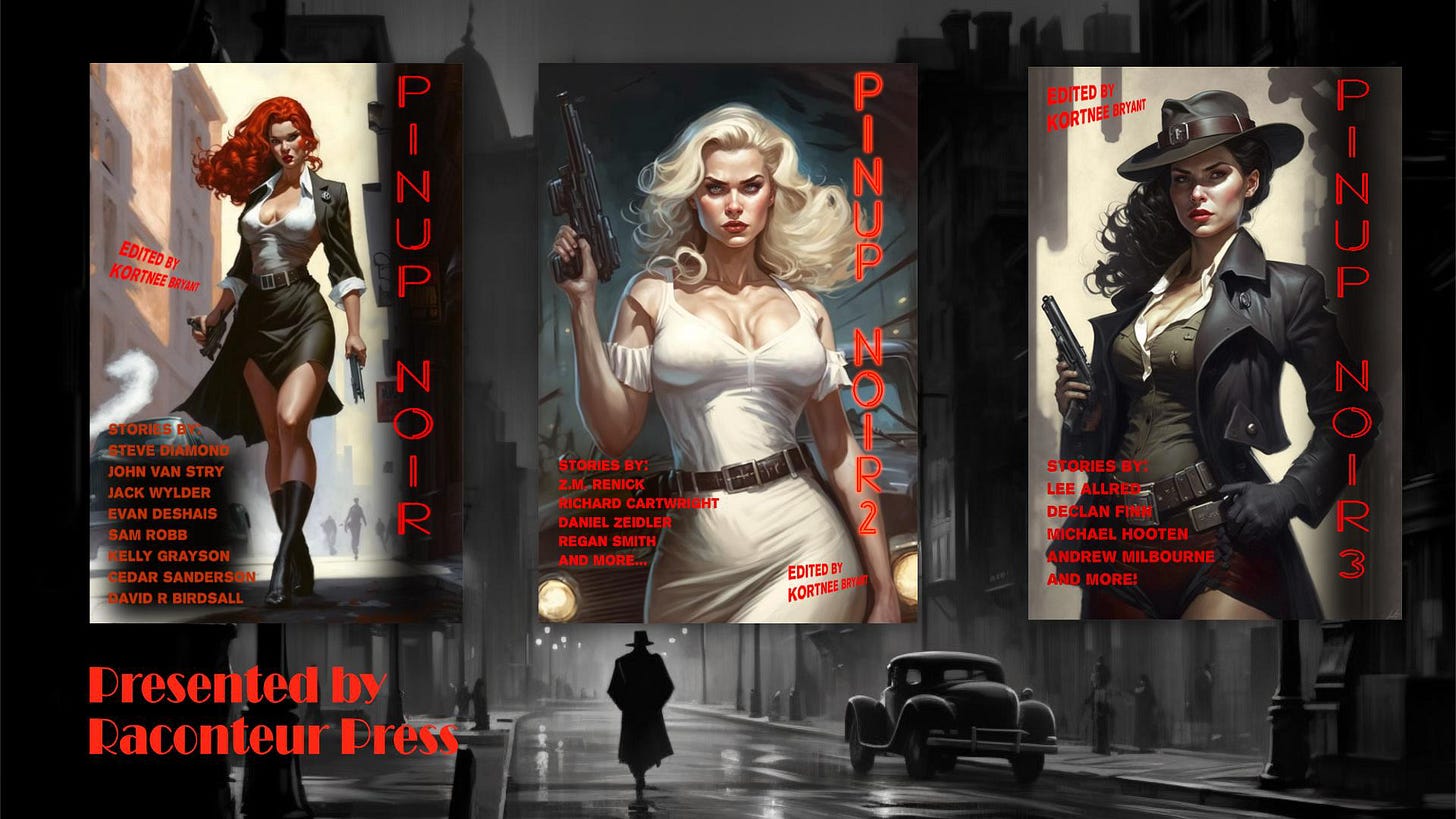“Some literary antiquarian of a rather special type may one day think it worth while to run through the files of the pulp detective magazines which flourished during the late twenties and early thirties, and determine just how and when and by what steps the popular mystery story shed its refined good manners and went native. He will need sharp eyes and an open mind. Pulp paper never dreamed of posterity and most of it must be a dirty brown color by now. And it takes a very open mind indeed to look beyond the unnecessarily gaudy covers, trashy titles and barely acceptable advertisements and recognize the authentic power of a kind of writing that, even at its most mannered and artificial, made most of the fiction of the time taste like a cup of luke-warm consommé at a spinsterish tearoom.”
— Trouble Is My Business by Raymond Chandler
There had always been aggressive, straight-shooting fiction heroes, but it took the mood of the twenties to add cynicism, detachment, a kind of guarded romanticism, and a compulsion towards action.
…they were linked with reality, with the real crimes of the urban world and the real smell and feel of the mean streets, and this put the best of them in a different class from the essentially adolescent phantom avengers and the earlier dime-novel sleuths with their upper-class values and methods. They were sometimes drunk, frequently broke. A private eye would always help someone in trouble, though he would downplay his compassion; “I could have walked away. I started to walk away and then the sucker instinct got the best of me and I went back.” Taking action was what was important, even when it wasn’t well thought out. Though the operative wasn’t always an optimist, he stuck to his word: “It wasn’t worth it, but then it was a deal.”
— The Dime Detectives by Ron Goulart
Check out some of that noir action in Raconteur Press’ Pinup Noir series!










This is amazing. Thank you for this piece
Great stuff. Thanks.